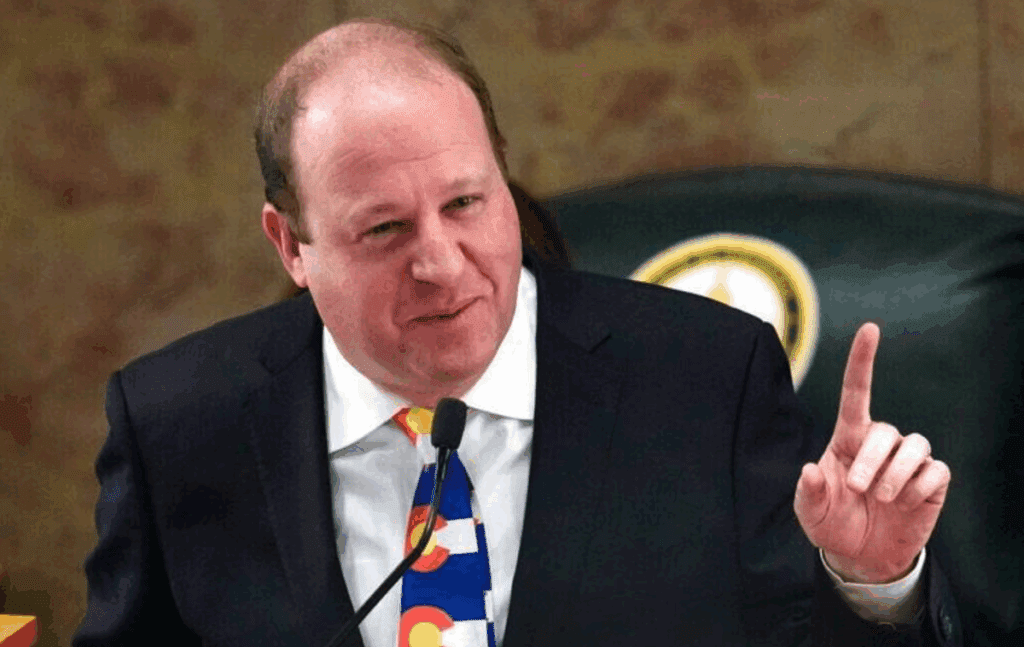Colorado Senate unanimously OKs reducing license requirements for school therapists

In 23 years of teaching, Stephanie Smith has attended 20 funerals of students.
Smith said a few of the students died by an accidental overdose or car crash, but the vast majority died from the same thing: suicide. This year alone, Smith said three students have committed suicide at Boulder High School where she teaches, one of whom was the student of her mentee, a second-year special education teacher.
“He asked me, ‘Please tell me this is the only time I will ever have to experience this. I don’t know that I can continue to be a teacher if I have to deal with this.’ I could not tell him it would be the last time,” Smith said. “We are in crisis. Our children are in crisis and it’s getting worse.”
Suicide is the leading cause of death for Coloradans aged 10 to 19, with Children’s Hospital Colorado declaring a state of emergency for youth mental health in 2021.
The National Association of School Psychologists recommends schools have one psychologist for every 500 students. But on average, Colorado schools employ one psychologist for every 1,578 students, according to an ACLU report. In Denver Public Schools, only 1.5% of students attend schools that are fully staffed with mental health professionals, according to an A+ Colorado study.
Senate Bill 4 is seeking to change this by allowing school districts to employ therapists who are not licensed by the state Department of Education, which is currently required for therapists to work in schools.
“This requirement is an unnecessary administrative burden that places a barrier between our students and qualified mental health professionals,” said bill sponsor Sen. Janice Marchman, D-Loveland. “It’s our duty as legislators to improve access to mental health care for Colorado’s students, not impede it.”
Marchman said the process of getting licensed by the Department of Education is costly, complex and time-consuming for therapists, contributing to the shortage of mental health professionals in schools. Under the bill, school therapists would still need to hold a state license in their profession, in addition to passing a background check.
Smith said her district, Boulder Valley School District, is among the highest paying in the state, yet it still cannot fill its therapist positions. “I cannot imagine how hard it is for districts that do not have the funds that we do,” she said.
The state Senate unanimously approved the bill on Thursday, sending it to the House for consideration. If the bill passes the House, it will need final approval from the governor before taking effect.
More than two dozen organizations are backing the bill, including the Colorado Education Association, Colorado Psychological Association, Colorado Rural Schools Alliance and the school districts of Douglas County, Pikes Peak, Lewis Palmer and Poudre. No groups are registered in opposition to the bill.
“The youth mental health crisis was prevalent before the pandemic, and has only grown in recent years,” said bill sponsor Sen. Sonya Jaquez Lewis, D-Longmont. “This bill will make it easier for kids to seek care in a place they feel comfortable and safe.”
In Colorado, 7.2% of students have attempted suicide in the last year, 17.1% seriously considered suicide and 20.3% purposely harmed themselves, according to the most recent state survey from 2021. The survey also found that nearly 40% of students felt sad or hopeless for weeks straight and nearly 50% felt stressed daily.
Kaitlyn Tollefson, a senior at Berthoud High School, said her school is infamous within the Thompson School District for its frequent suicide occurrences. In 2016, a 15-year-old student even committed suicide inside of the school building.
Despite this reputation, Tollefson said her school has had a revolving door of temporary therapists, coming for months at a time but leaving when grant funding expires. After a graduate of her school recently committed suicide, Tollefson said there was not a single mental health professional in the school to support the students sobbing in the hallways.
“With our current lack of mental health resources, my peers will continue to die,” Tollefson said. “The lives of our generation are at stake.”








